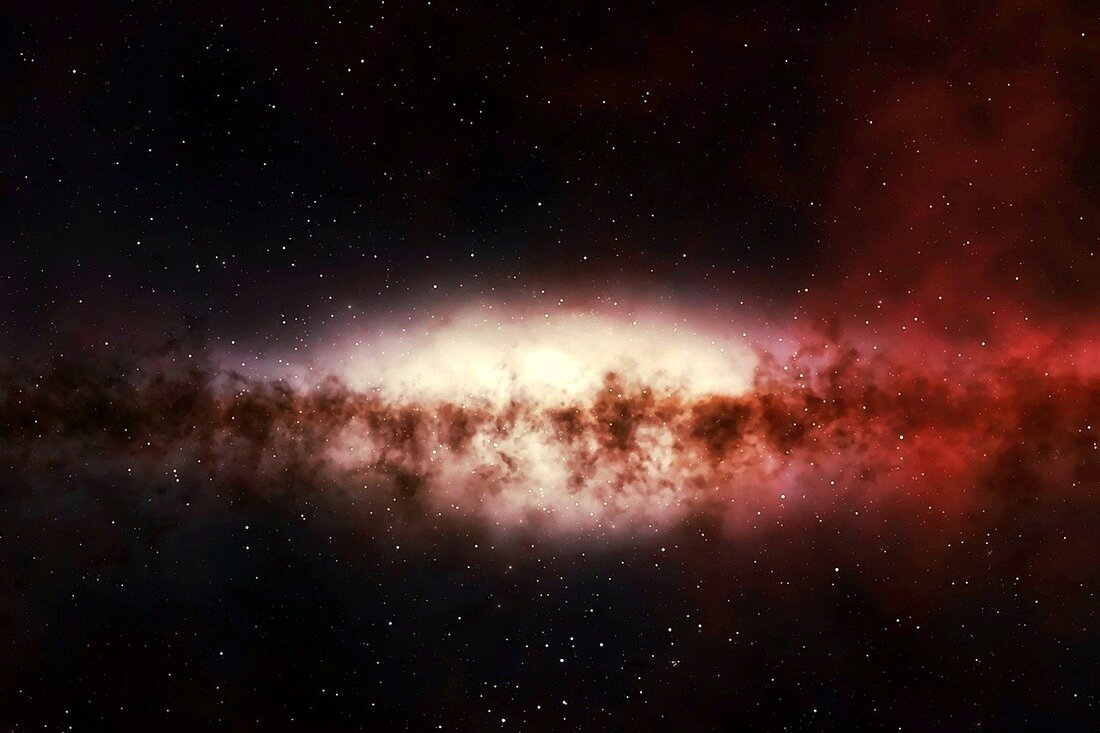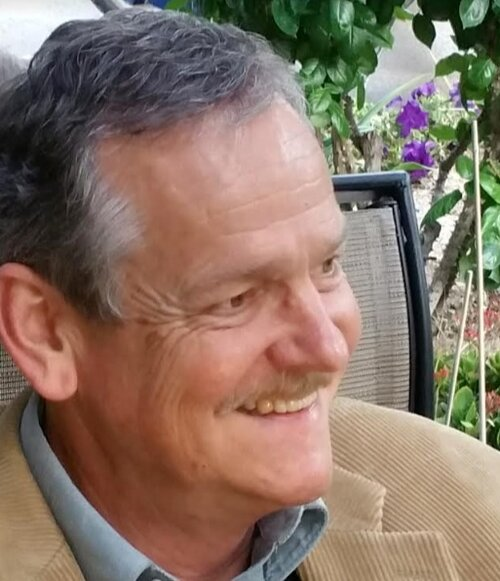The State of the International Religion and Science Discussion Today
The late 1980's and early 1990's saw an explosion of the global dialogue on science and religion. Both within specific religious traditions and across the traditions, scientists and religious believers engaged in a more sustained, more rigorous, and more productive dialogue than at perhaps any earlier point in history. This "internationalizing" of the science-religion dialogue opened in a mood of great optimism. Scientists and religious scholars in many of the world's religions began simultaneously to explore the intersections between modern science and their own religious traditions. In the initial meetings of Muslim, Jewish and Christian scientists one experienced a clear sense of being involved in a common project--a sense of commonality that one does not always feel when involved in inter-religious dialogues. The mutual respect with which participants viewed one another as fellow scientists certainly contributed significantly to these early successes in the international science-religion dialogue. One could tell that those who were geniuses at drawing lines of connection, such as Prof. Seyyed Hossein Nasr, were simultaneously recognized by those in other traditions as pioneers and partners in a common field.
|
Philip Clayton |
|
© Center for Islamic Sciences. All Rights Reserved.
Designed and Developed by Crescent Marketing Solutions |


